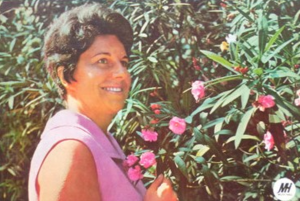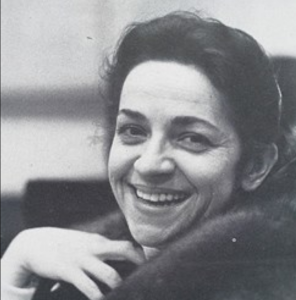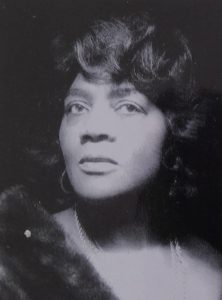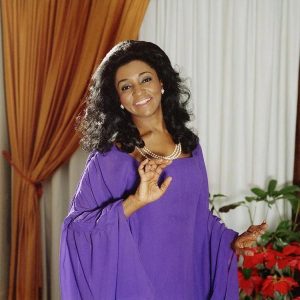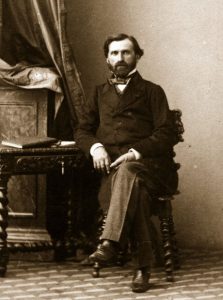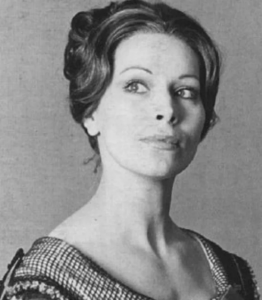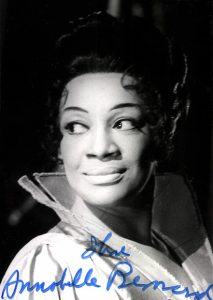Podcast: Play in new window | Download (Duration: 1:54:05 — 123.3MB) | Embed
Subscribe: Spotify | TuneIn | RSS | More
Podcast (https-countermelody-blubrry-net-feed-podcast): Play in new window | Download (Duration: 1:54:05 — 123.3MB) | Embed
Subscribe: RSS
As many of you know, my beloved mother died this past week. I’ve been trying for two days now to put together a memorial episode that would do justice to the many divergent aspects of the woman that she was. Alas, I have not yet been able to rise to the challenge, so instead, I offer a recently published bonus episode devoted to the exceptional English contralto Anna Reynolds (05 June 1930 – 24 February 2014), a true servant of her art. She was an extraordinarily eclectic interpreter, blessed with a caramel voice and a vivid interpretive sense. I have chosen music by Bach and Mahler to highlight the qualities that made her so special, and which served the ethos of both of these composers remarkably well. These are among the finest interpretations of the vocal music of either Bach or Mahler that you will ever encounter. Today’s guest artists include soprano Helen Donath and tenor Peter Schreier, pianist Geoffrey Parsons, and conductors Hermann Scherchen, Josef Krips, Lorin Maazel, Benjamin Britten, Wyn Morris, Rudolf Kempe, and Karl Richter. May this exceptional artist and her colleagues bring a sense of peace, grace, and repose to all of us who so desperately need it.
Countermelody is a podcast devoted to the glory and the power of the human voice raised in song. Singer and vocal aficionado Daniel Gundlach explores great singers of the past and present focusing in particular on those who are less well-remembered today than they should be. Daniel’s lifetime in music as a professional countertenor, pianist, vocal coach, voice teacher, and author yields an exciting array of anecdotes, impressions, and “inside stories.” At Countermelody’s core is the celebration of great singers of all stripes, their instruments, and the connection they make to the words they sing. By clicking on the following link (https://linktr.ee/CountermelodyPodcast) you can find the dedicated Countermelody website which contains additional content including artist photos and episode setlists. The link will also take you to Countermelody’s Patreon page, where you can pledge your monthly or yearly support at whatever level you can afford.
